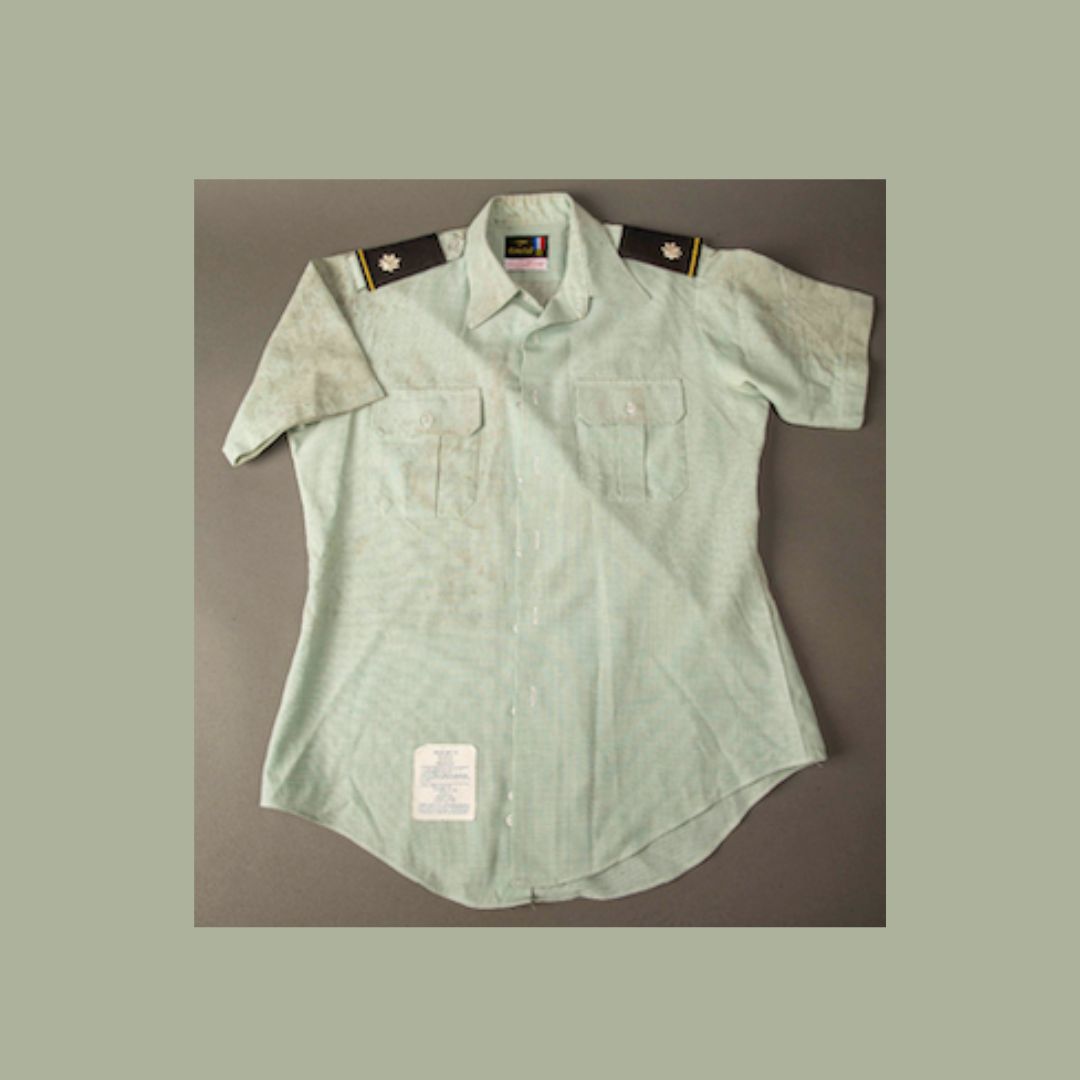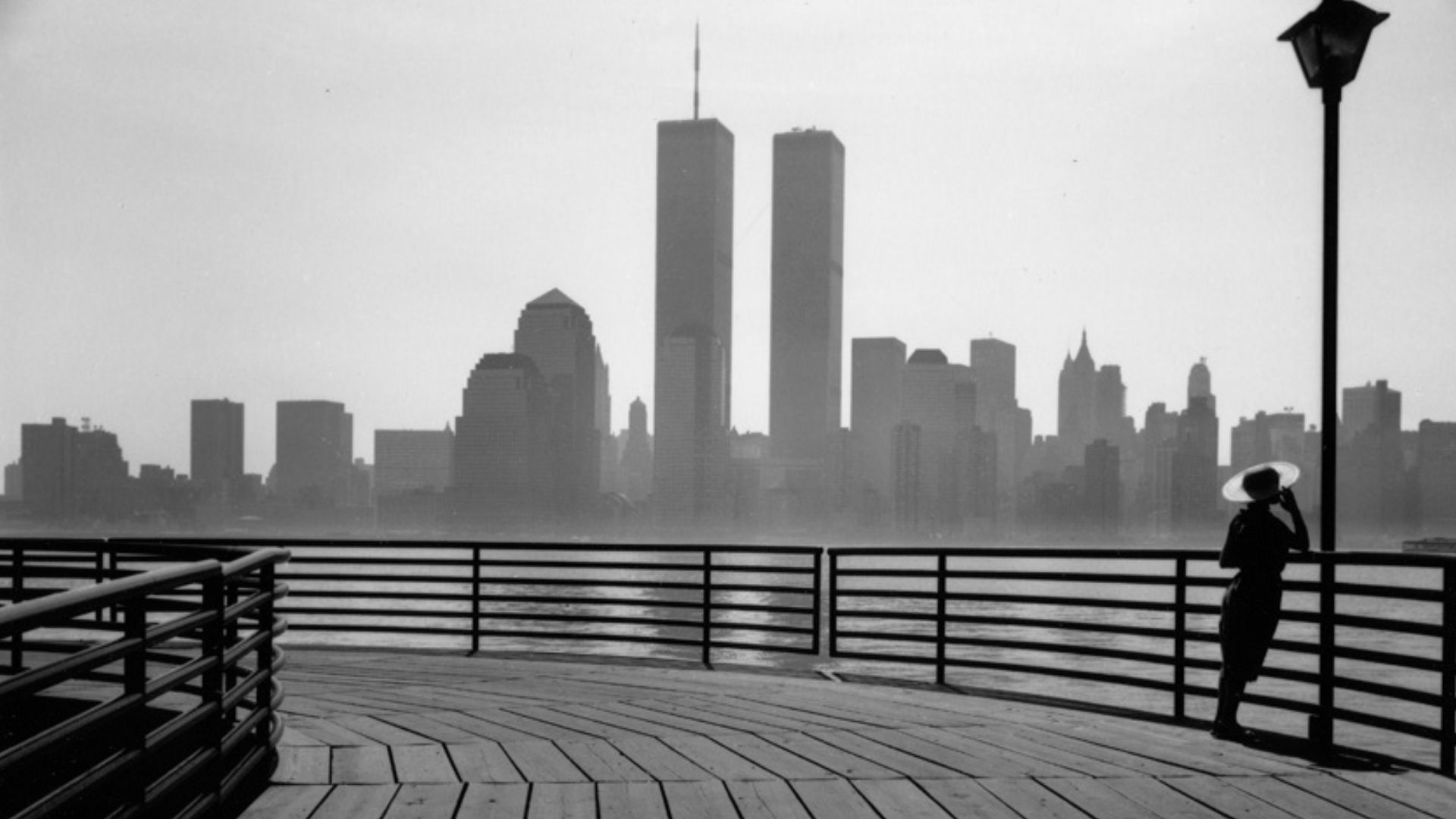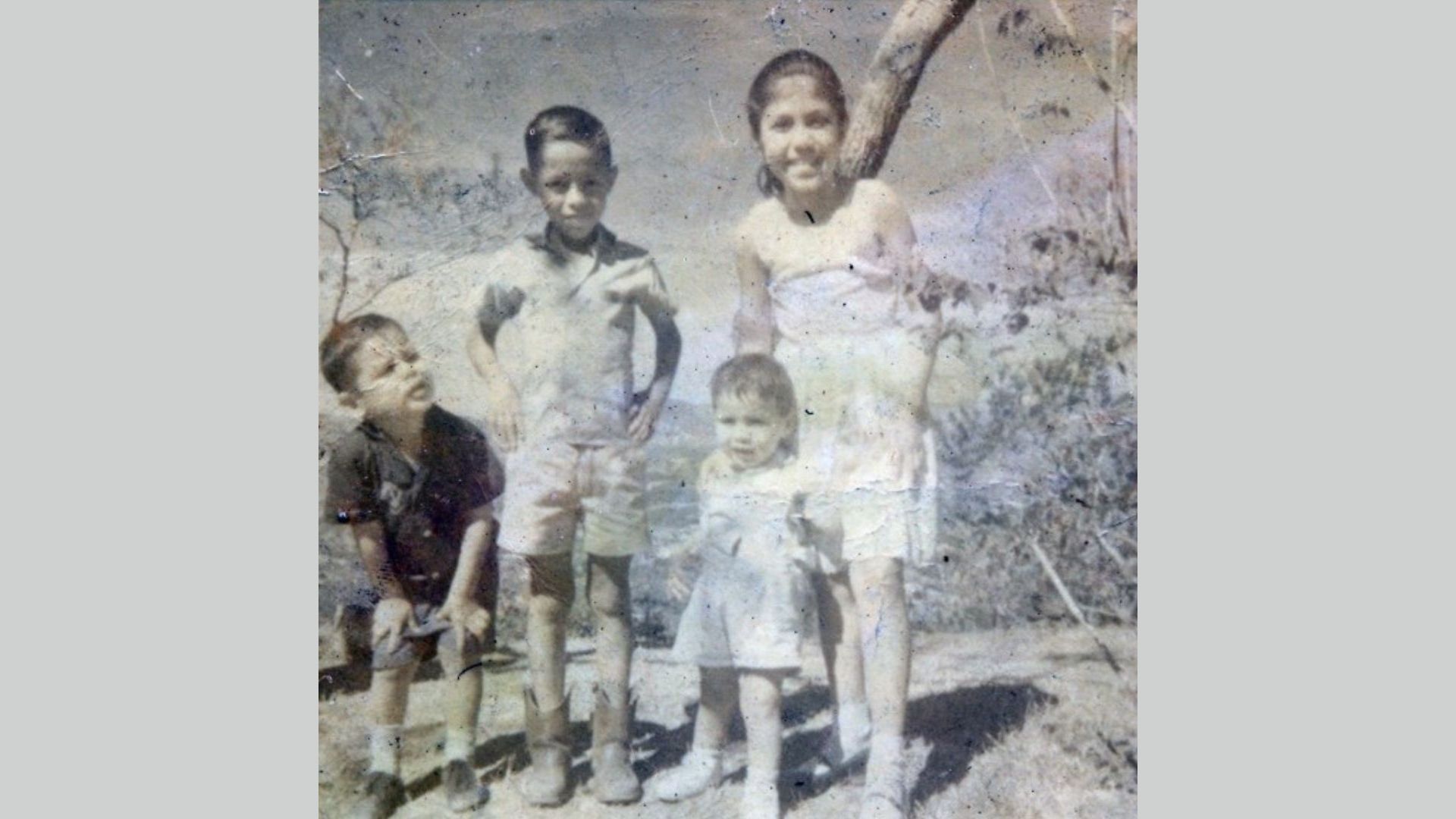Rescue & Recovery: In Their Voices With Philip J. Smith
Rescue & Recovery: In Their Voices With Philip J. Smith
- November 2, 2023

The shirt Smith was wearing on 9/11. Gift of LTC Philip J. Smith, U.S. Army.
In this Salute to Service edition of our "In Their Own Voices" series, we're highlighting Philip J. Smith, who was working in the Pentagon on September 11, 2001. Smith grew up in a military family, with both parents having served in the United States Air Force, and he joined the Army ROTC program as a student at the University of South Florida. He was commissioned in 1982 and became a career-long personnel officer. After 31 years of active duty service, he retired as a Colonel in March 2013. Here, he recounts his miraculous 9/11 survivor story.
Thank you to all those who have served in the United States Military.
Where were you on 9/11?
I was in the Pentagon, working in the Office of the Army Deputy Chief of Staff, G-1, the personnel staff agency for the Army. I was a branch chief and a supervisor for 11 people. My team was responsible for some of the core personnel functions for the Army, leading the selection process for promotions, command positions, and selected schools. We were in Room 2D450, directly in the flight path of the plane.
We were already aware of the events unfolding in New York, as the Army was activating a crisis action team. Personally, I was standing in front of a copy machine, making copies for a meeting. I believe the copy machine saved my life. Only eight feet away from me, two of my colleagues were killed. I was standing over where the plane’s fuel tank exploded. All I remember was a loud explosion, then fire came through, and then it was black, dark, and quiet. I remember hearing voices and I walked towards them. I ran into my boss, and we tried to see if we could recover anyone. At that point, the smoke was 18 inches from the floor and went all the way up to the ceiling. It was thick, dense smoke — your only choice would have been to climb under. At that point, the fire rescue came in and made sure we evacuated.
We went to the Pentagon Center Courtyard and found the Pentagon health professionals treating patients. They had set up a triage area. Ambulances were being staged for the seriously wounded and police cars would take those who could walk. I found more coworkers. We went from ambulance to ambulance with a legal pad trying to get a count of our people. While I was there, one of the nurses said they had to treat me. I didn’t even realize I was wounded. I was so focused on the task at hand. The nurse laid me down on the ground, using a briefcase from a businessman as a pillow, and wrapped my head with a white t-shirt donated by a soldier. I had been badly burned. The next thing I knew, I was in a police car with one of my coworkers. They took us to Arlington Hospital, where I was given bacitracin ointment for my burns and was told to come back the next day. At that time, they were expecting thousands of patients.
I couldn’t reach anyone by cell phone because the phone system was down. I had heard that volunteers were coming to Arlington Hospital to drive people home. I’m a firm believer in fate, and just to be able to survive and be where I was is unbelievable. When I left the hospital, the door I walked out of happened to be the same door that a close friend who had been one of my former neighbors at Fort Bragg, Major Rex Harrison, was waiting outside. When I asked Rex what he was doing there he told me that he was there to find me and take me home.
In our division, we had 20 people. I would learn that seven were killed, four of whom were my subordinates, and three, including myself, were injured. Even with 50 percent losses our survivors continued the mission and never missed completing a single task.
Do you have any health issues from 9/11?
I shielded my face with my hands from the fireball, so my arm is scarred up to my shirtsleeve. Two weeks after 9/11, my back pain grew to the point where I couldn’t walk. I didn’t realize that when the floor blew up underneath me during the attack, it had ruptured a disc in my back. I went to Walter Reed Medical Center and later had surgery. In about 45 days, I was back to work.
To start, we were in temporary offices. Then 11 months later, we moved back into the Pentagon and re-occupied our office spaces. When we first moved in, it was very traumatic. It was PTSD. There was a temporary wall next to us because they were renovating the next section of the Pentagon. There were jackhammers and drills, and when they would drop things, I'd jump out of my chair and drop to the floor. It was so frightening. For a long time, the smell of fire was there to remind you of what happened. However, there is a lot of healing when you’re with your teammates who survived, and you can talk about things amongst yourselves. The Pentagon had also assigned psychiatrists to our work center who were there all day, every day. You could talk to them, and nothing would be put in your record.
I truly believe it was a miracle that I survived.
Can you describe the bond between yourself and the 9/11 community?
Many people in my workspace are 9/11 survivors. We have an annual ceremony on 9/11, and often the President or the Secretary of Defense speaks. In our Army G-1 family, we typically get everyone together with our chaplain and have a prayer for all our teammates and invite the family members of our fallen. We have a Pentagon chapel that was dedicated to those lost on 9/11 and right outside our windows is the Pentagon Memorial.
To the generation who is growing up with no memory of September 11th, why is it important to share your story and the stories of others with them?
I stayed on active duty in the Army as long as I could, my limit was 30 years. As a retiree recall, I was able to do an extra year. Every day that I serve, I support my soldiers that were killed, and the terrorists don’t win. I’m here today so I can speak for them. I’m here to talk about my subordinates and my teammates who made the ultimate sacrifice.
I’d like to think we are better from these tragedies. We’ve grown and are stronger and can be there to help support victims of attacks from around the world. We understand. We’ve been there. We’re stronger on the other side. We’re a stronger nation. We’re wiser. And I’d like to think we’re more compassionate.
Anything else you’d like to add?
I had a civilian secretary, Lisa Young. She was a bit introverted, until you made her angry. She was the type of employee who knew what needed to be done before you did. She had a beautiful daughter and her whole life revolved around her. The only personal item on Lisa’s desk was a picture of her daughter in her high school cheerleading uniform. Lisa was killed on 9/11, but a year later her daughter came to the Pentagon and spent her birthday with us because we were her extended family. We later recruited her as an Army intern, and she came to work on the team. Her mom would be very proud.
In the Army, we say you have your own family, but also your Army family. Her Army family did right by her.
Compiled by Caitlyn Best, Government and Community Affairs Coordinator
Previous Post
Intersections: Marking 50 Years of Hip Hop & the WTC

A special public program this week examines the history of hip hop, the evolution of the genre in a post-9/11 world, and New York City — with its ever-changing skyline — influenced the artistic movement that now spans the globe.
Next Post
Remembering Ana Gloria Pocasangre de Barrera

A guest blog post from our Curatorial Assistant highlights memories and newly acquired photographs from the family of Flight 175 victim Ana Gloria Pocasangre de Barrera.